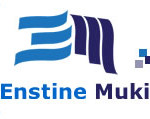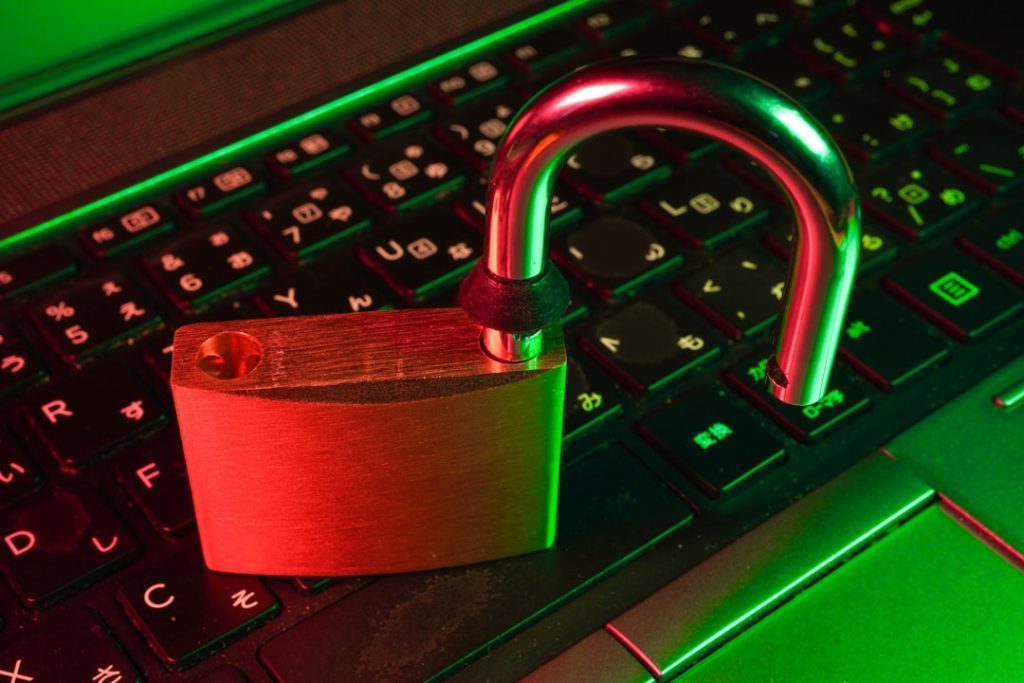If you’re using a VPN or thinking about it, you’ve probably heard a few myths that made you scratch your head. Some are funny, others are just plain wrong. Let’s set the record straight!
Top 10 VPN Myths That U.S. Users Still Believe (And the Truth Behind Them)
1. “VPNs are only for hackers and tech nerds.”
Truth: Nope! VPNs are for everyone. Whether you stream Netflix, check your bank, or shop online, a VPN keeps your info private. Even Grandma could use one!
2. “A VPN makes me completely anonymous.”
Truth: A VPN hides your IP, but it doesn’t make you invisible. Websites can still track you in other ways, like through cookies.
Pro tip: Use a VPN plus good browser hygiene for better privacy.
3. “Free VPNs are just as good as paid ones.”
Truth: Nope again. Free VPNs often track and sell your data. Some even have malware. Yikes!
Paid VPNs are cheap and protect you better. Think of it like free sushi… not the best idea.
4. “Using a VPN is illegal.”
Truth: Not in the U.S.! VPNs are totally legal in most countries, including the United States. They’re a tool for online safety, not breaking the law.
Just don’t use them to do anything already illegal.
5. “VPNs slow down your internet A LOT.”
Truth: With modern VPNs and fast servers, the speed difference is often tiny—or even unnoticeable!
Some VPNs even improve streaming by bypassing ISP throttling. So surprise bonus!
6. “I have nothing to hide, so I don’t need a VPN.”
Truth: That’s like saying you don’t need curtains because you have nothing to hide in your house!
Privacy isn’t about hiding bad stuff. It’s about protecting your data from shady trackers, advertisers, and hackers.
7. “VPNs work the same on all devices.”
Truth: Not true. Some VPNs work better on certain devices. Make sure your VPN supports your phone, tablet, smart TV, and even router if you want full coverage.
Pro tip: Look for one with a simple app for your gadgets.
8. “All VPNs unblock streaming sites.”
Truth: Many do, but not all. Netflix and other platforms try hard to block VPNs. Only a few good VPNs consistently get through.
So if binge-watching is your thing, choose a reliable streaming-friendly service.
9. “VPNs protect you from viruses.”
Truth: A VPN is not an antivirus. It helps with privacy, but it doesn’t block malware or sketchy downloads.
You still need antivirus software—and maybe a little bit of common sense too!
10. “If I use a VPN, I can’t be hacked.”
Truth: A VPN adds a layer of security, but it’s not a magic shield. Hackers use phishing and other sneaky tricks that a VPN alone won’t stop.
Think of it like a helmet. It helps, but don’t go jumping into traffic!
Final Thoughts
VPNs are powerful tools, but they’re not wizardry. If you understand what they can and can’t do, you’ll be way ahead of the game.
Just remember:
- Use a trusted provider
- Don’t skimp on security
- And never believe everything you read on the internet!
Happy (and safe) surfing!

